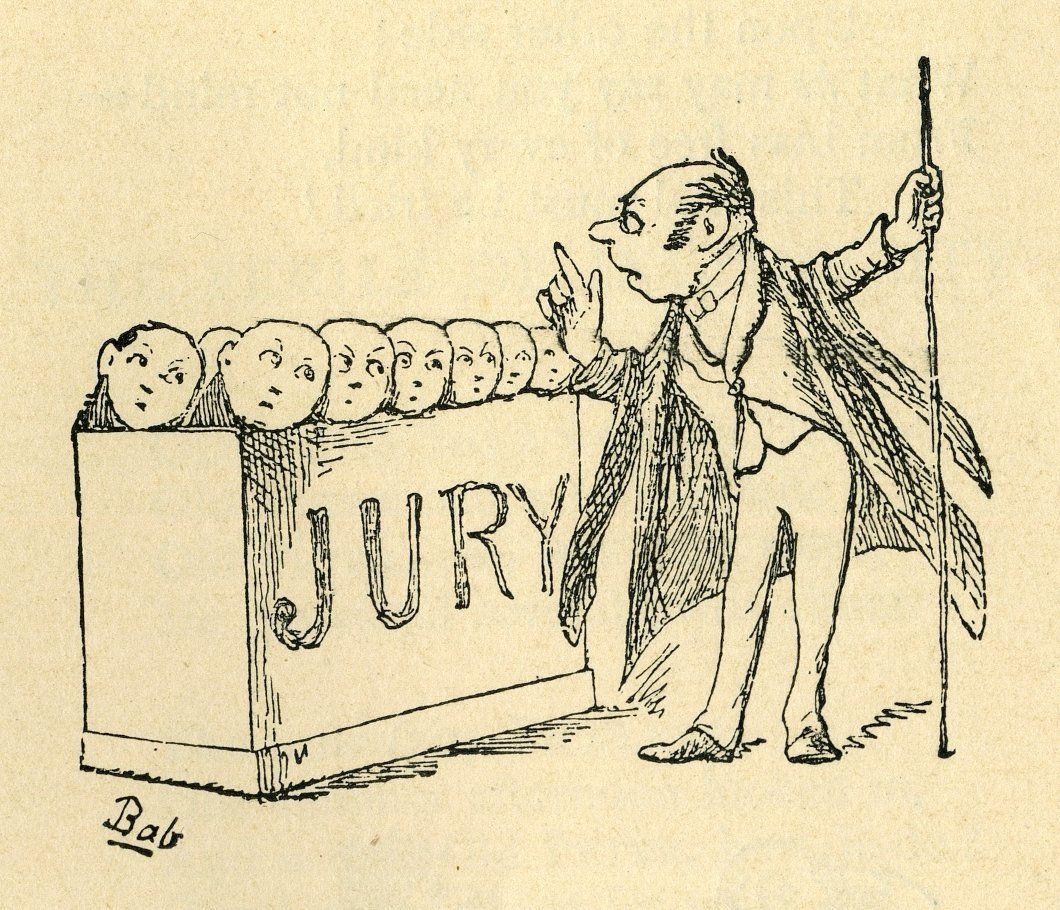What Does It Mean if My Case Has to Go to Arbitration?
Does my case have to go to Arbitration? What does that mean?
On your first day at work, amid a flurry of administrative tasks like filling out tax forms and getting acquainted with company policies, there might have been one document that slipped under your radar: an arbitration agreement. This agreement, often bundled with the numerous forms handed to new hires, holds a lot more weight than most employees would imagine.
The pervasive adoption of arbitration agreements by employers has reshaped the landscape of workplace disputes. Today, an arbitration agreement is often a mandatory prerequisite to being hired, and not signing one could impact current or future opportunities with the company.
What is Arbitration?
Arbitration, as enacted by the Federal Arbitration Act (FAA) in 1925, is a viable legal process for resolving conflicts outside the conventional courtroom. Instead of a trial by jury, workplace disputes are adjudicated by an arbitrator who is often selected through mutual agreement of the parties involved. Arbitration may be favored by the courts because it can reduce the number of cases coming to trial.
What is in an Arbitration Agreement?
Waiver of Rights: By signing an arbitration agreement, an employee agrees not to pursue any legal action against the employer in a court of law and waives the right to trial by jury. Instead, disputes must be resolved under the adjudication of an arbitrator.
Specific Rules: Arbitrations operate under pre-established rules set by arbitral forums such as the American Arbitration Association or JAMS, another organization specializing in arbitration.
Quicker Turnaround: Arbitration generally takes less time and is less formal than a trial. The rules of evidence are relaxed.
Appeals: Once an arbitrator renders a decision, it is very difficult to reverse and subject to very narrow grounds for appeal.
Confidentiality: Decisions rendered by arbitration are often confidential and the details of the dispute may not be made public.
Class Action Waivers: Arbitration agreements prevent an employee from filing a class-action or collective action against the company; this means the employee must pursue an individual action and may not pursue legal action collectively with other affected individuals.
Financial Concerns: As in traditional litigation, there are potential financial costs to arbitration, including filing fees, and arbitrator fees. Except for the filing fee, the employer usually bears these expenses.
Legal Counsel: Given the complexity of arbitration and its potential implications, it is crucial for employees to have recourse to knowledgeable, professional legal counsel.
Employment Attorney Raymond Nardo has extensive experience in arbitration on behalf of employees who face workplace disputes, and is focused on getting the best results for his clients.










